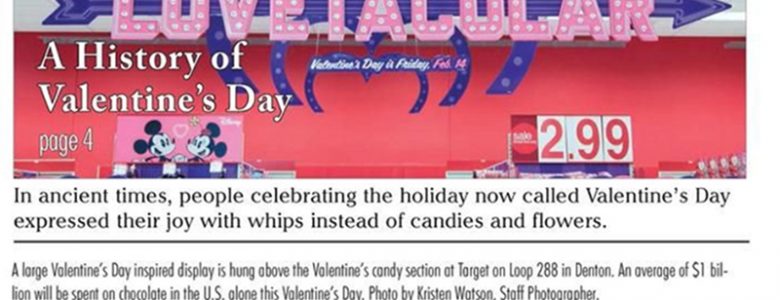Let’s throw a ball for Texas Independence Day, and let’s also do a barbecue, just like the citizens of Rusk County did in 1845, on the ninth anniversary of the celebration. Samuel Monroe Hyde gave the address, and he also gave permission for the address to be printed in The Texas National Register, where it arrived for publication a month after it had been spoken. Hyde proclaimed that the Texians of ’36, “a Milam, a Bowie, a Crocket, a Travis, and a Fannin” made Texas “free, sovereign, and independent.”
Hyde served as an agent for another early Texas newspaper, The Red-Lander, published in San Augustine. The Red-Lander first began publication in 1838 as a Whig party vehicle, showcasing national and international gossip in its first few pages with local news appearing in the last 1-2 pages of the paper (See “San Augustine Red-Lander” at http://www.tshaonline.org/handbook/online/articles/ees24). Interestingly, the roots of later 19th-century Reconstruction and state politics dominated Whig Party ideology, which relates to why the Red-Lander newspaper covered so much “international” news of the day–with “international” referring to what was then the U.S. according to the Republic of Texas. The Whig Party itself divided over the issue of slavery and eventually died off, but its ideas remained influential in politics for another half century.
Samuel Monroe Hyde was an early Dallas settler and among the first owners of what is now the northern side of White Rock Lake in Dallas, which adjoined land owned by his father, John H. Hyde. This land was parceled out to the Hydes in the 1840s by the Texas president Anson Jones, whom S. Monroe Hyde toasts in the independence day speech as, “An accomplished gentleman, an able politician and independent citizen; our foreign relations are safe in his hands, even at this present critical juncture.”
In short, it’s time for some good barbecue and a nice ball. Just make sure to wear a napkin around your neck to keep your ball gowns and tuxes tidy!












